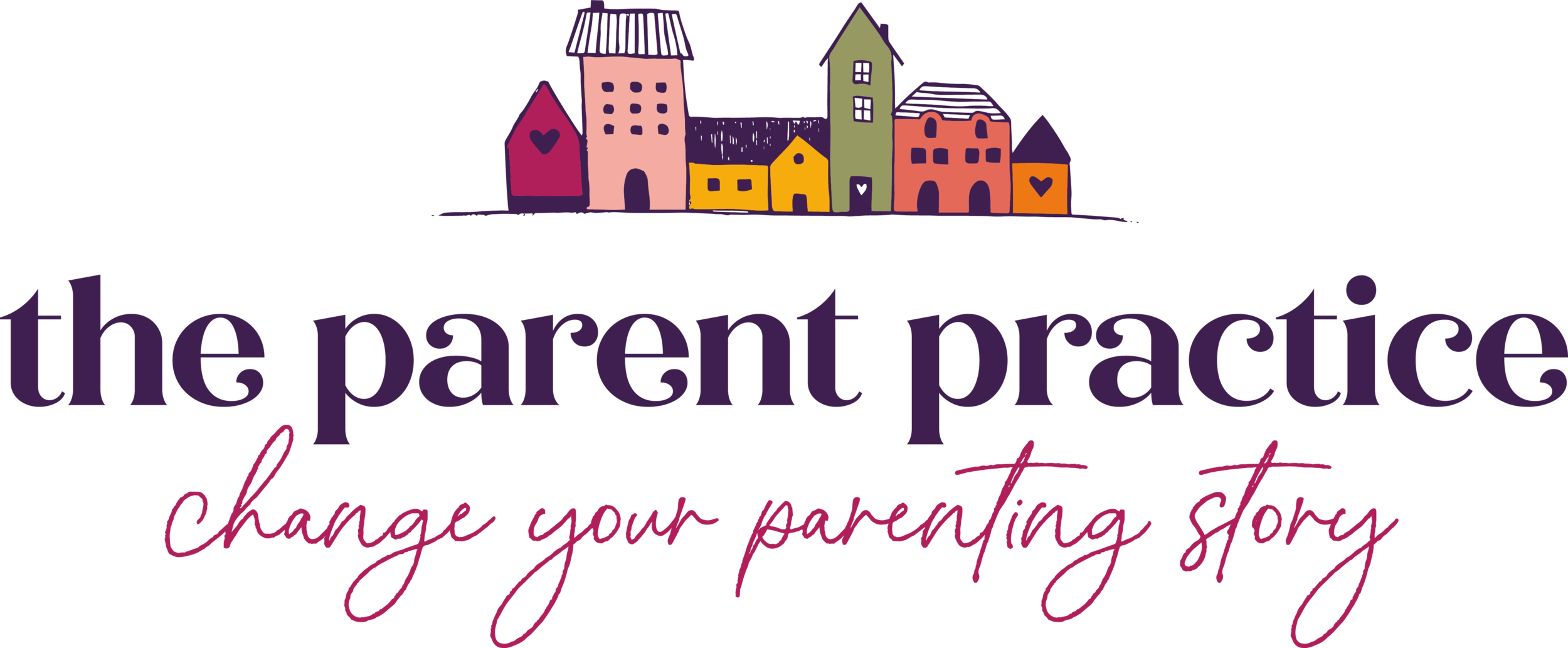How does your parenting style impact your children’s happiness?
Sad Teenager
When a couple come together, they bring with them their histories, cultures and different styles of upbringing. Many don’t discuss their beliefs about raising children before they become parents and differences take time to emerge.
When there are differences in parenting style, what won’t work are the same things that don’t work to effect change in children’s behaviour; criticism, shaming or put downs. It’s common to find us perhaps nagging our partners, or throwing another positive parenting book at them, with the hope that just one day they might pick it up and start reading the pearls of wisdom we think they SHOULD know.
Regularly I get emails like this landing in my in box, so I guarantee you’re not alone if you regularly argue with your partner about how their parenting style is not effective.
“I feel so desperate just now. My husband often loses his temper and deals with any resistance from the children swiftly with an authoritarian style of parenting. He treats the children like a Victorian father believing children should be seen and not heard. What can I do to help him see this is damaging our children?”
The key is to have a parenting style that puts you in charge as opposed to adopting a more controlling style of parenting.
Our aim is to influence our children over time and not attempt to change their behaviour in the moment, so we need to distinguish between being in charge of our children and controlling them.
If we use power rather than influence, we then engage in battle with the children. This isn’t uncommon, as many parents find themselves talking about their children as being manipulative, strong willed, stubborn. We say things like
“I can’t let him get away with this…”
But entering a battle with our children puts us in the role of enemies. And ultimately a battle ends with a winner and a loser…..
As parents, we need to take the long-view and stay in charge so we can lead our children towards better behaviour, and this means adopting a style of authoritative parenting as opposed to authoritarian.
We are talking about providing structure and guidance to our children, taking into account our child’s natural biological urge to have some autonomy, whilst also keeping them safe, teaching them good habits and ensuring a reasonable level of co-operation that makes family life harmonious. It is based on a respect shown by parents to children and earned from children by our words and actions.
This style of parenting, sometimes referred to as authoritative parenting, involves having high (but reasonable) expectations while being warm and connective.
Angry arguing parents with sad girl
Whatever we call it, our parenting style has a huge influence on our children.
Many years of research show that genetics and environment have roughly equal influences on outcomes for children. And, although every child is different the authoritative style of parenting has consistently been linked to positive outcomes.
Authoritative parenting is not always easy. There are many things that push parents to become more controlling or less warm and accepting.
One factor that influences our parenting style is understanding and caring for ourselves, having a clear vision of the kind of parent we want to be and what actions and approaches are involved.
Here are my top tips for exploring what your parenting style is, and having a positive conversation with your partner, that doesn’t involve criticism or blame.
Start by taking my Parenting Style quiz www.theparentpracticequiz.com, and using this fun exercise as a route to opening up a constructive discussion. It only takes 5 minutes and you’ll receive a personalised report with detailed information about where you are right now, and what you can do to make some changes.
Recognise that your partner wants the best for their children even if their methods are unconstructive. Only when you acknowledge this will they be open to any new ideas.
Most of us were brought up with a more punitive model of discipline so it takes a lot to adjust to a more solution-focused model. If they worry that positive methods are ‘soft’ acknowledge this is a reasonable concern about effectiveness.
Demonstrate that understanding the reasons for children’s behaviour helps you be more strategic in your solutions. Model how empathising with the feelings behind a behaviour can calm things down quicker than shouting at a child.
Show them that when you help your child put things right without blame they learn more than when they feels judged.
Acknowledge their positive parenting efforts even if they’re different from yours.
So, what are you waiting for? Click here to find out your parenting style and create a calmer happier home today.


